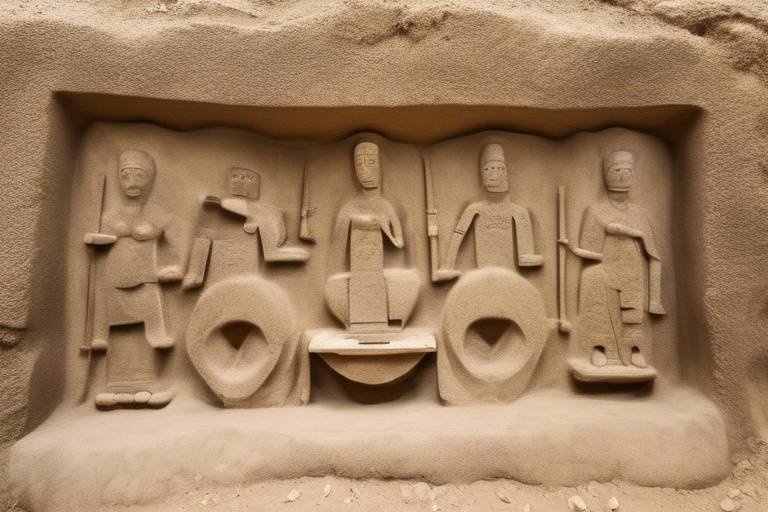How Archaeology Can Foster Peace Among Cultures
Archaeology, often seen as a window into the past, holds the remarkable power to bridge divides and cultivate harmony among diverse cultures. By delving into ancient civilizations and unearthing shared histories, archaeology serves as a catalyst for promoting understanding, respect, and unity among societies with varied backgrounds and beliefs.
Through the preservation of cultural heritage, archaeology safeguards the treasures of bygone eras, instilling a sense of reverence for the diverse identities and narratives that enrich our world. By protecting archaeological sites and artifacts, we not only honor the past but also nurture a collective appreciation for the interconnectedness of human experiences across time and space.
Moreover, the interpretation of historical narratives through archaeological discoveries offers a unique opportunity to challenge preconceived notions, dismantle stereotypes, and foster empathy among communities with divergent perspectives. By unraveling the stories buried beneath layers of time, archaeology encourages dialogue, reflection, and a deeper understanding of our shared human journey.
Education plays a pivotal role in leveraging archaeology as a tool for promoting peace and harmony. By integrating archaeological insights into learning curricula, we can cultivate a spirit of curiosity, tolerance, and respect for the myriad traditions and customs that shape our world. Through educational initiatives, we sow the seeds of cultural appreciation and mutual understanding, nurturing a generation that values diversity and inclusivity.
Community engagement lies at the heart of archaeological endeavors aimed at fostering peace. By involving local populations in excavation projects and research initiatives, archaeologists empower marginalized voices, build trust, and foster collaboration among different cultural groups. Through shared participation in uncovering the past, communities forge bonds of solidarity and ownership over their collective heritage.
Furthermore, archaeology serves as a platform for addressing historical injustices, facilitating reconciliation processes, and promoting healing in societies scarred by conflict. By confronting the legacies of the past with honesty and empathy, archaeologists contribute to peacebuilding efforts and the restoration of fractured relationships, paving the way for a more harmonious future.
By facilitating cross-cultural exchange and dialogue through exhibitions, conferences, and collaborative research ventures, archaeology creates spaces for intercultural learning, mutual respect, and the celebration of cultural diversity. Through these interactions, individuals from diverse backgrounds come together to share knowledge, stories, and experiences, fostering a sense of interconnectedness and solidarity.
As we navigate the complex terrain of archaeological practice, ethical considerations guide our interactions with the past and its legacies. From the repatriation of cultural artifacts to the respectful treatment of human remains, ethical dilemmas prompt us to uphold principles of cultural sensitivity, accountability, and the protection of indigenous rights. By navigating these challenges with integrity and compassion, archaeologists uphold the values of respect and integrity in their work.
In envisioning the future of archaeology in peacebuilding efforts, we recognize the immense potential of this discipline to transcend boundaries, foster understanding, and promote reconciliation in a rapidly evolving world. By embracing interdisciplinary approaches and fostering international cooperation, archaeologists can continue to pave the way for a more peaceful and inclusive global community, where the lessons of the past serve as beacons of hope for a brighter tomorrow.
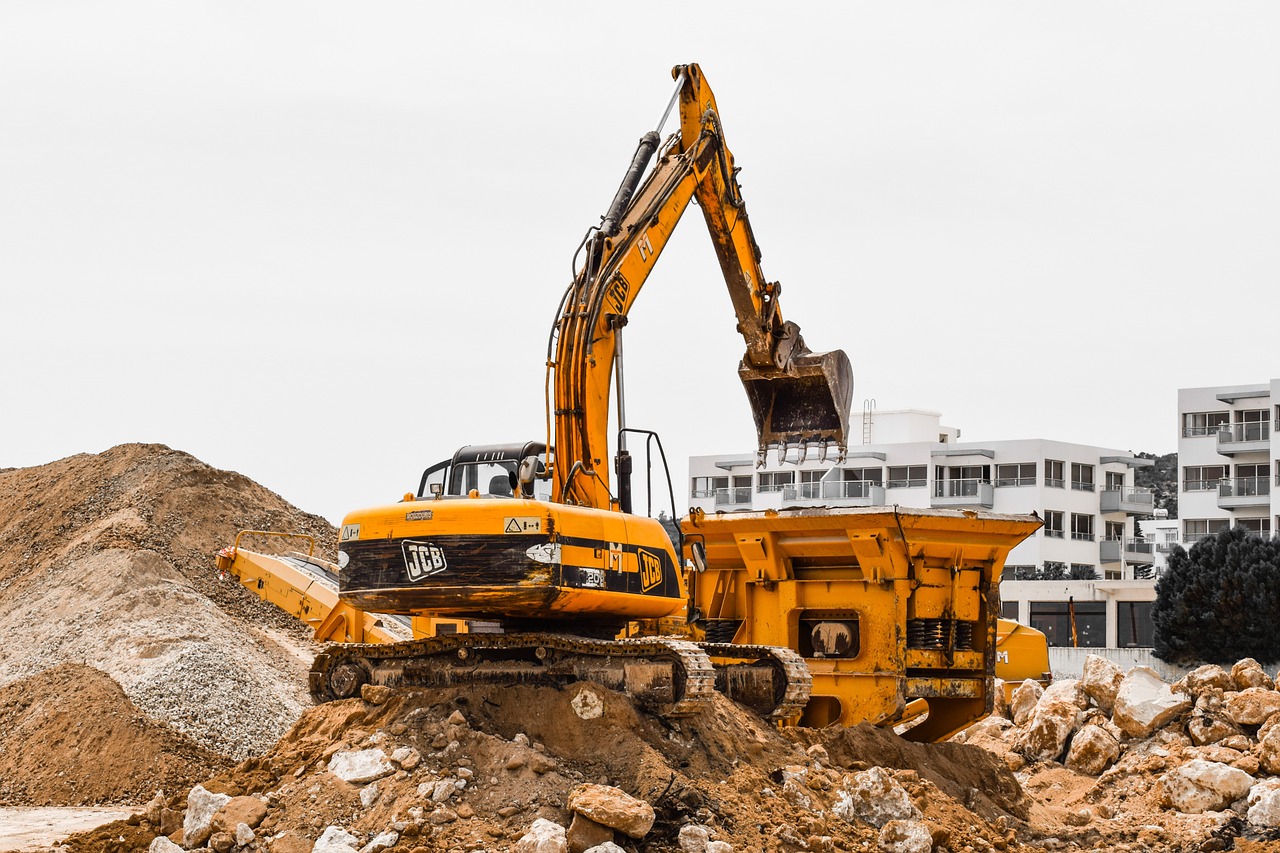
Preservation of Cultural Heritage
Preservation of Cultural Heritage is a vital aspect of archaeology that goes beyond simply protecting ancient sites and artifacts. It serves as a powerful tool for promoting respect for diverse cultural identities and histories, fostering a sense of shared heritage and connection among different communities. By safeguarding archaeological sites, we are not only preserving physical remnants of the past but also the intangible aspects of culture and tradition that are embedded within these landscapes.
Through the preservation of cultural heritage, we can bridge the gap between past and present, allowing current and future generations to learn from the experiences and achievements of their ancestors. This preservation effort is not just about maintaining historical relics; it is about ensuring that the stories and memories of diverse cultures are not lost to time but are passed down for continued appreciation and understanding.
Furthermore, the protection of cultural heritage through archaeology can serve as a unifying force, bringing together people from different backgrounds and beliefs under a shared appreciation for the richness and diversity of human history. It fosters a sense of collective ownership and responsibility towards our shared heritage, encouraging collaboration and cooperation in the preservation and promotion of cultural treasures.
By recognizing the significance of cultural heritage preservation, we acknowledge the value of each culture's contributions to the tapestry of human civilization. It is through this recognition and respect for cultural diversity that we can move towards a more inclusive and harmonious society, where differences are celebrated and shared heritage is cherished as a common legacy.
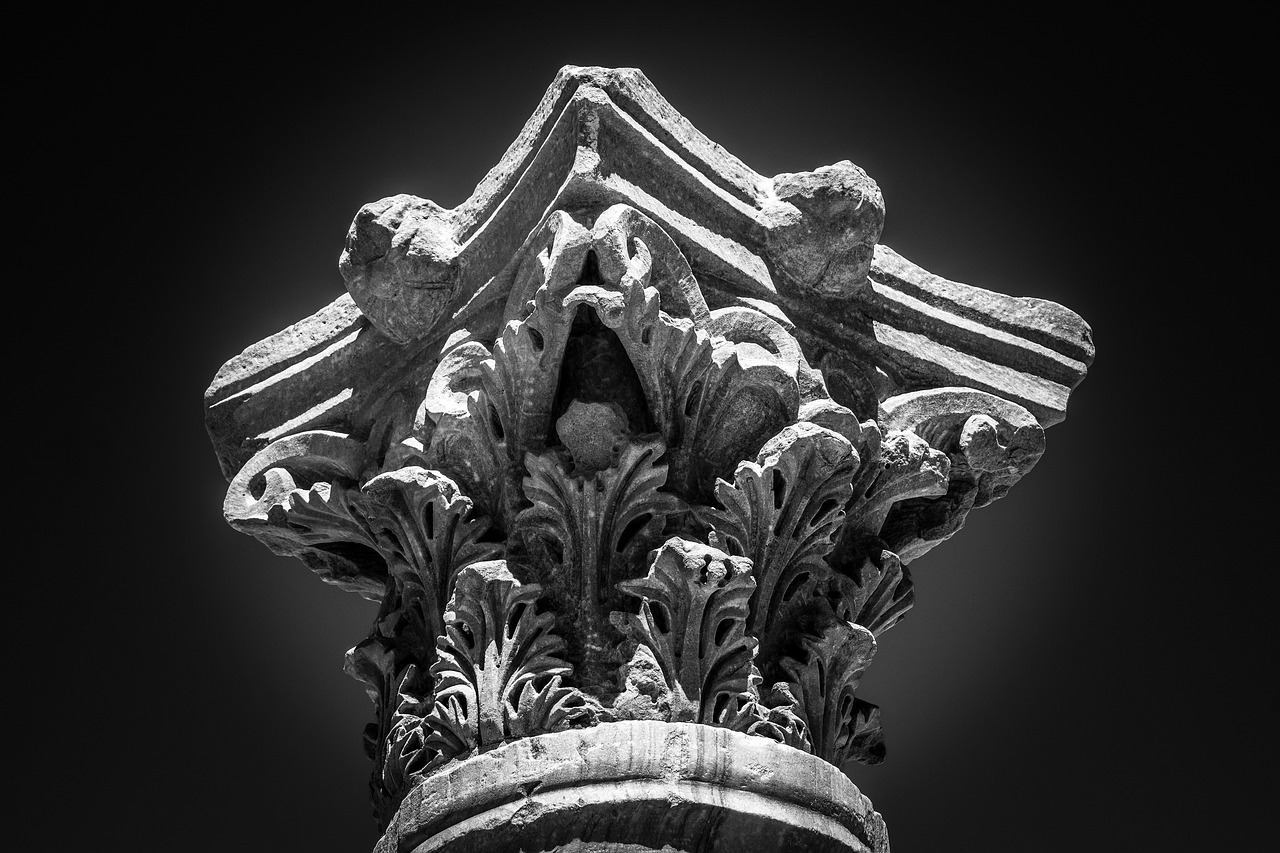
Interpretation of Historical Narratives
Exploring the role of archaeology in promoting cultural understanding, reconciliation, and peace among diverse societies through the study of shared heritage, historical narratives, and collaborative research projects.
Preserving and protecting archaeological sites and artifacts as a means to promote respect for diverse cultural identities and histories, fostering a sense of shared heritage and connection among different communities.
Interpreting historical narratives through archaeological findings is like unraveling a mystery that connects the past with the present. By delving into ancient artifacts, archaeologists can bridge cultural divides, challenge misconceptions, and foster empathy among societies with conflicting historical perspectives.
Using archaeology as an educational tool is akin to opening a window to the past, allowing us to peek into the diverse tapestry of world cultures. By raising awareness about the richness and complexity of our shared heritage, archaeology promotes tolerance, appreciation, and respect for different traditions and ways of life.
Engaging local communities in archaeological endeavors is like weaving a tapestry of unity and inclusivity. By involving marginalized voices in research projects, archaeologists empower communities, foster trust, and encourage cooperation among diverse cultural groups, nurturing a sense of collective ownership of our shared heritage.
Using archaeology as a platform for addressing historical injustices is akin to healing old wounds and building bridges between estranged communities. By facilitating dialogue, promoting understanding, and initiating reconciliation processes, archaeology contributes to peacebuilding efforts and helps mend intergroup tensions.
Facilitating cross-cultural exchange through archaeological initiatives is like creating a vibrant mosaic of cultural diversity. By organizing exhibitions, conferences, and collaborative research projects, archaeologists provide platforms for intercultural learning, mutual understanding, and the celebration of our rich cultural heritage.
Exploring ethical dilemmas in archaeology is crucial for upholding the integrity of the past and respecting indigenous rights. Issues like repatriation of cultural artifacts and the treatment of human remains require careful consideration to ensure cultural sensitivity, accountability, and the protection of heritage.
Discussing the future role of archaeology in promoting peace and reconciliation is like envisioning a world where cultural understanding prevails over conflict. Emphasizing interdisciplinary approaches and international cooperation, archaeology holds the key to fostering harmony and unity in an ever-changing global landscape.
Stay tuned for the answers to common queries about the role of archaeology in fostering peace among cultures.
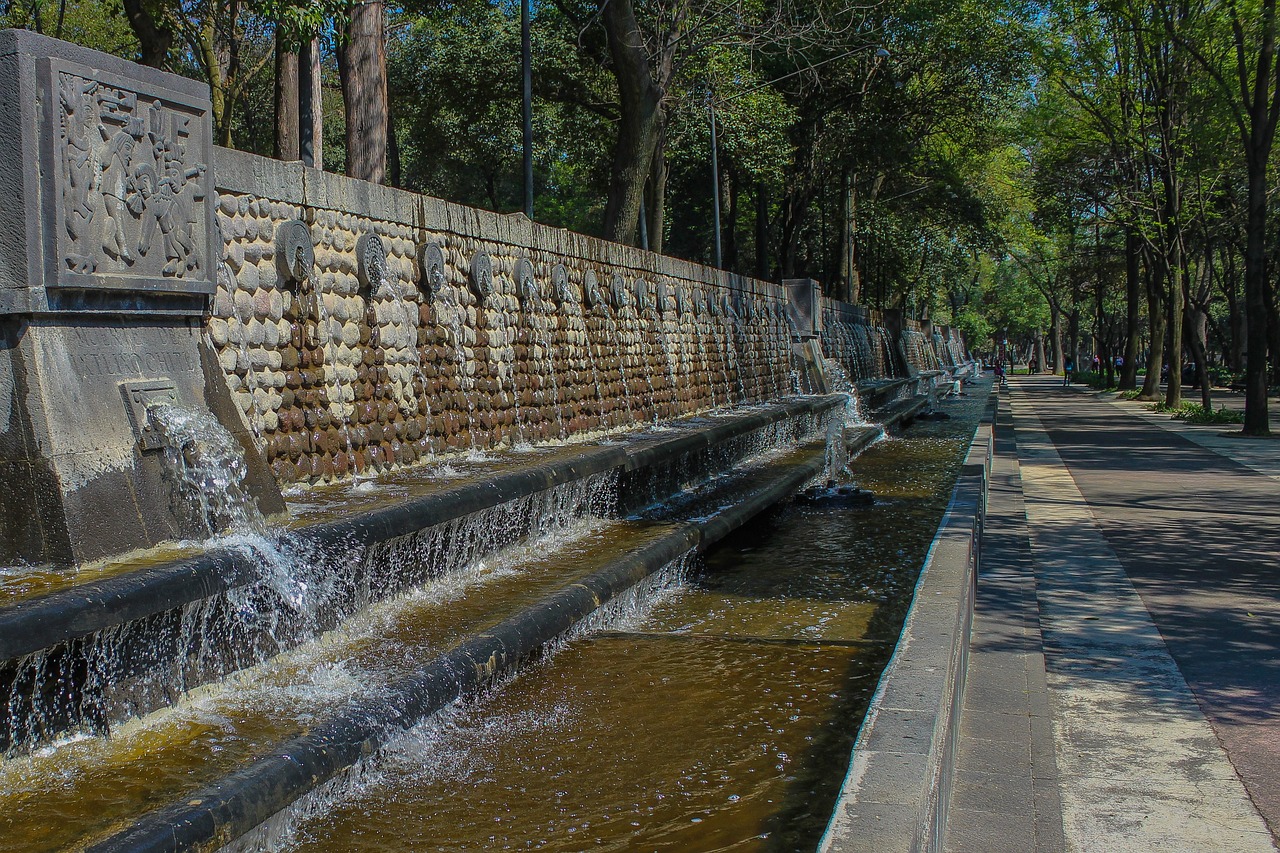
Education and Awareness
Education and awareness play a crucial role in the realm of archaeology, serving as powerful tools to enlighten individuals about the diverse tapestry of world cultures. By delving into the past through archaeological findings, we embark on a journey of discovery that unveils the richness and complexity of human history. Through this exploration, we not only gain insights into ancient civilizations but also develop a deep appreciation for the traditions and customs that have shaped societies over millennia.
Archaeology serves as a gateway to understanding the interconnectedness of global cultures, showcasing the similarities and differences that define human experiences across time and space. By studying artifacts, structures, and ancient practices, we can piece together the puzzle of our collective heritage, shedding light on the shared values and aspirations that bind humanity together. This awareness fosters a sense of unity and respect for the diverse ways in which people have navigated the challenges of existence throughout history.
Furthermore, education in archaeology acts as a catalyst for tolerance and empathy, encouraging individuals to embrace cultural diversity and celebrate the unique contributions of each community to the tapestry of human civilization. By learning about the past, we equip ourselves with the knowledge and understanding needed to navigate the complexities of our multicultural world with sensitivity and respect. This awareness paves the way for meaningful dialogue and collaboration, fostering a spirit of inclusivity and mutual appreciation among individuals from different cultural backgrounds.
Through educational initiatives that highlight the significance of archaeological discoveries, we can inspire future generations to become stewards of cultural heritage and champions of cross-cultural understanding. By engaging with the stories of the past, we empower ourselves to shape a more harmonious and interconnected future, where the lessons of history serve as beacons of wisdom and compassion in a rapidly changing world.
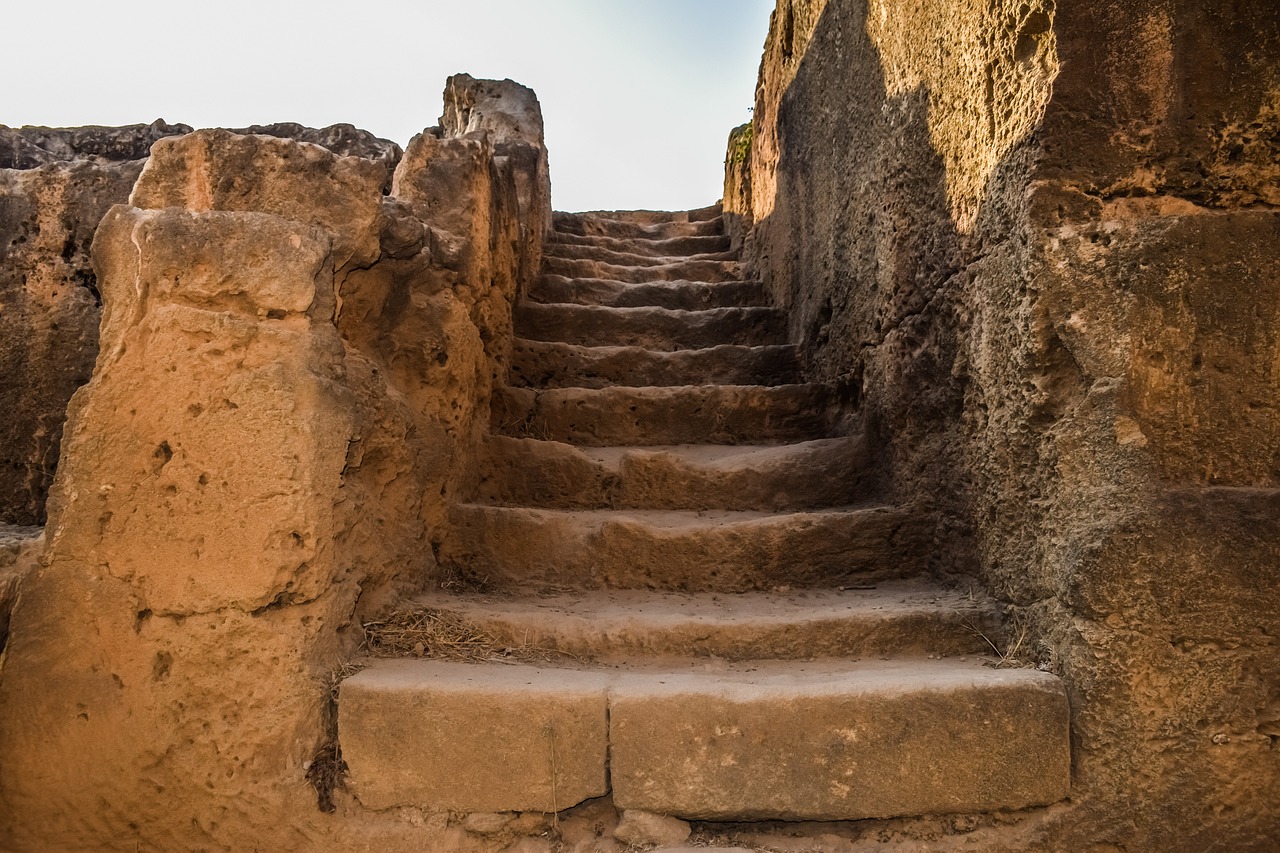
Community Engagement and Collaboration
Community engagement and collaboration play a pivotal role in fostering unity and understanding among diverse cultural groups through the lens of archaeology. By involving local communities in archaeological projects, marginalized voices are empowered, trust is built, and cooperation is fostered. This engagement promotes a sense of collective ownership of shared heritage, leading to a deeper appreciation and respect for each other's cultural backgrounds.
Through collaborative efforts, different cultural groups come together to work towards a common goal of preserving and interpreting their shared history. By actively participating in archaeological initiatives, communities not only contribute to the protection of their heritage but also strengthen bonds with other groups, creating a sense of unity amidst diversity.
Archaeological projects that prioritize community engagement often lead to the revitalization of cultural traditions and practices that may have been marginalized or forgotten. This revitalization process helps in bridging cultural gaps and promoting mutual understanding, as communities learn from each other's experiences and perspectives.
Furthermore, collaboration in archaeology allows for the exchange of knowledge and skills between different cultural groups, enriching the research process and promoting a more inclusive approach to studying and preserving heritage. By working together, communities can address challenges collectively and develop innovative solutions that benefit everyone involved.
Overall, community engagement and collaboration in archaeology serve as a powerful tool for promoting peace and harmony among diverse societies. By recognizing and celebrating the contributions of all cultural groups, archaeology becomes a catalyst for building bridges, fostering empathy, and creating a shared vision of a more inclusive and united world.
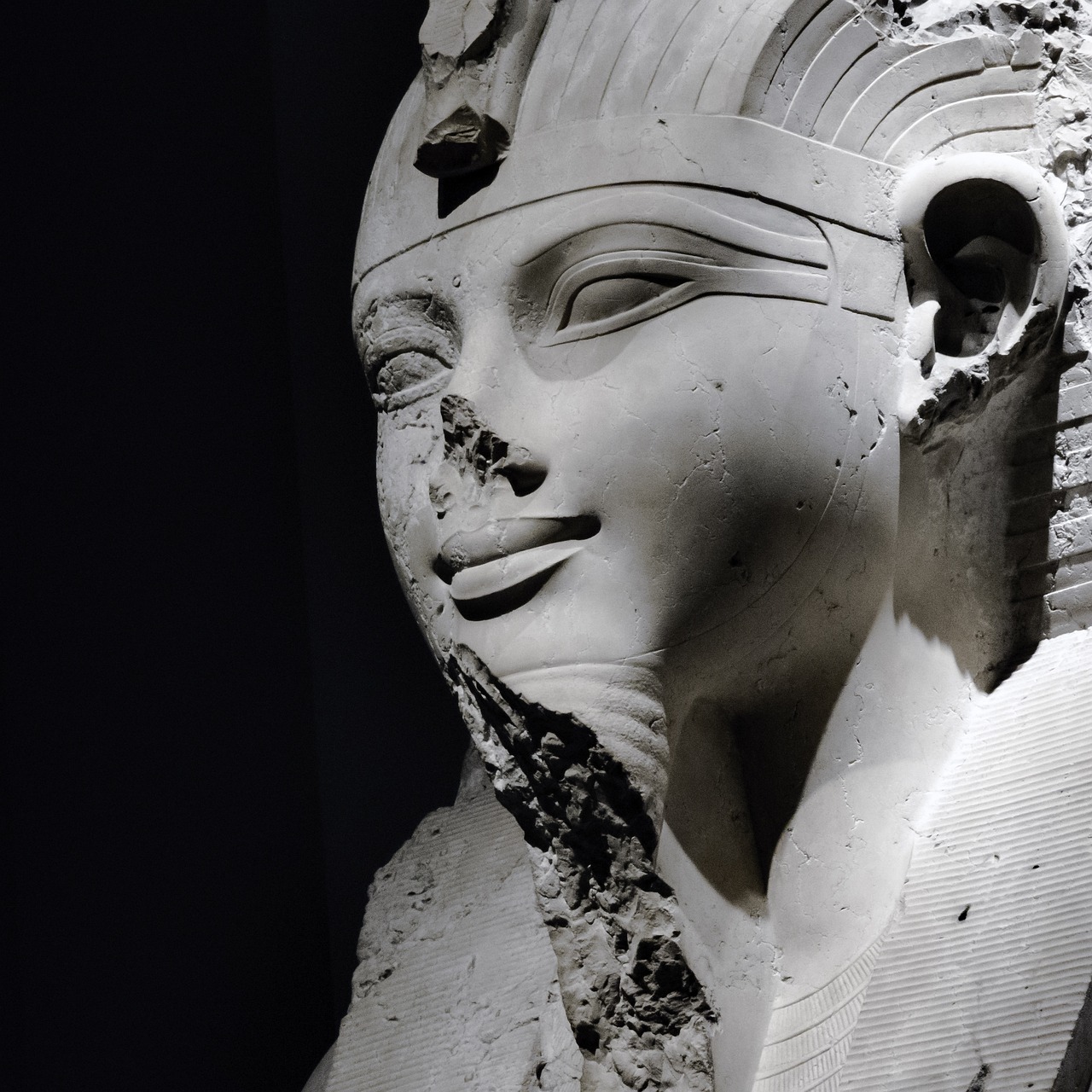
Conflict Resolution and Reconciliation
Exploring the role of archaeology in promoting cultural understanding, reconciliation, and peace among diverse societies through the study of shared heritage, historical narratives, and collaborative research projects.
Archaeology serves as a powerful tool for addressing historical conflicts and fostering reconciliation among communities with contentious pasts. By delving into the remnants of the past, archaeologists can uncover truths that may have been buried beneath layers of time and bias. Through excavations and research, archaeological findings can shed light on past injustices, providing a platform for acknowledging historical wrongs and initiating dialogues for reconciliation.
One way archaeology contributes to conflict resolution is by enabling communities to confront their shared history in a tangible and objective manner. By examining artifacts and sites, communities can collectively acknowledge past grievances and work towards healing wounds that have persisted through generations. This process of confronting the past can be instrumental in fostering empathy, understanding, and ultimately, reconciliation among groups with conflicting historical narratives.
Moreover, archaeology can facilitate the restoration of cultural heritage that has been damaged or destroyed during periods of conflict. By reconstructing and preserving archaeological sites and artifacts, communities can reclaim their shared history and cultural identity, contributing to the rebuilding of trust and mutual respect among formerly warring factions.
Through collaborative archaeological projects that involve members from diverse communities, individuals can engage in a collective effort to uncover and interpret their shared past. This collaborative approach not only promotes intercultural dialogue and understanding but also fosters a sense of unity and common purpose among groups that may have once been divided by animosity and mistrust.
Ultimately, archaeology plays a crucial role in promoting conflict resolution and reconciliation by providing a platform for communities to confront their past, acknowledge historical injustices, and work towards building a more peaceful and harmonious future based on mutual respect and understanding.
Q: How does archaeology contribute to peacebuilding efforts?
A: Archaeology contributes to peacebuilding by uncovering shared heritage, challenging historical narratives, and promoting dialogue among communities with conflicting pasts.
Q: What ethical considerations are involved in archaeological practice?
A: Ethical considerations in archaeology include the repatriation of cultural artifacts, respectful treatment of human remains, and the protection of indigenous rights to preserve cultural sensitivity and accountability.
Q: How can communities be actively involved in archaeological projects?
A: Communities can be engaged in archaeological projects through participation in excavations, interpretation of findings, and collaborative research initiatives to empower marginalized voices and promote cultural unity.
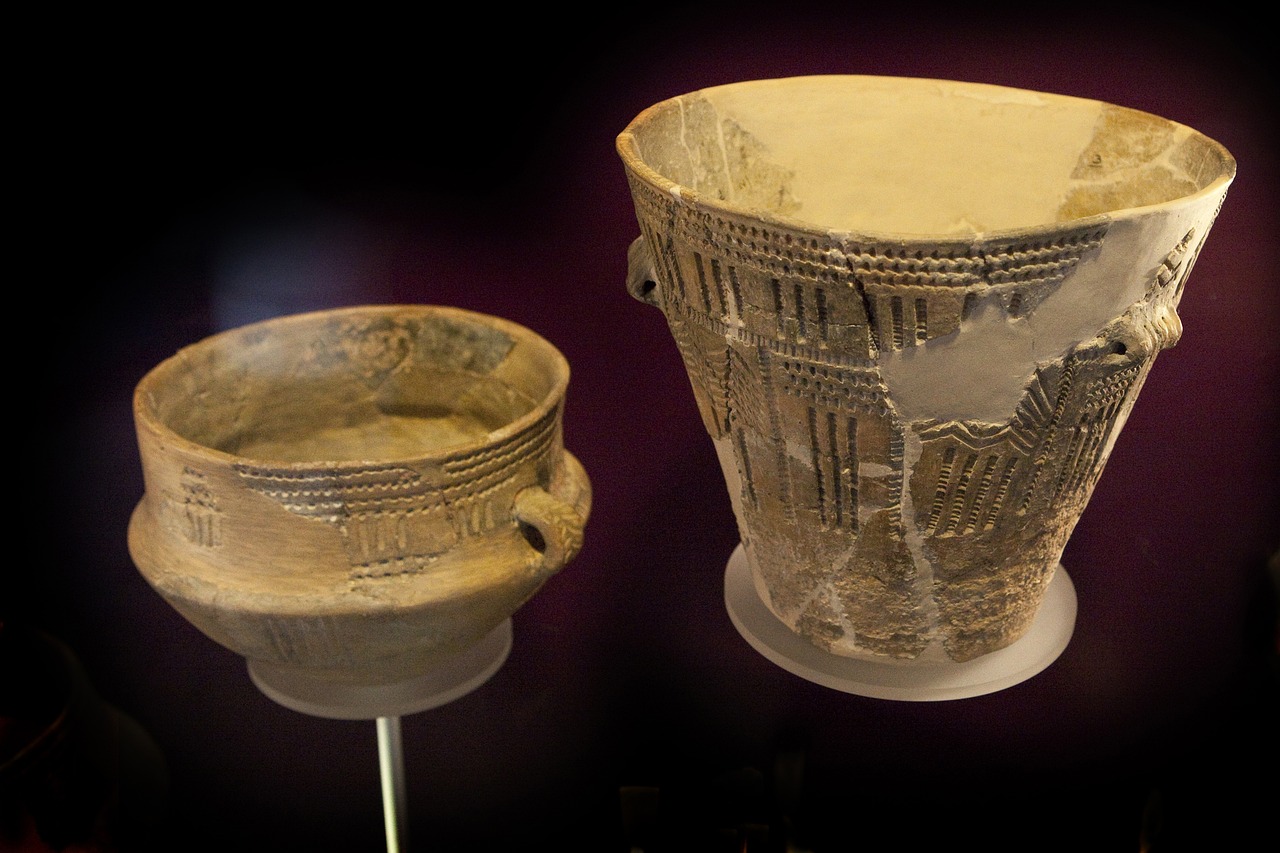
Cross-Cultural Exchange and Dialogue
Exploring the role of archaeology in promoting cultural understanding, reconciliation, and peace among diverse societies through the study of shared heritage, historical narratives, and collaborative research projects.
In the realm of archaeology, cross-cultural exchange and dialogue play a crucial role in fostering mutual understanding and celebrating the rich tapestry of global heritage. Through archaeological exhibitions, conferences, and collaborative research initiatives, individuals from different cultural backgrounds come together to share their unique perspectives, experiences, and knowledge.
Imagine a vibrant marketplace where ideas are the currency, and each artifact or historical site serves as a conversation starter. This exchange of cultural insights not only enriches our understanding of the past but also cultivates a sense of interconnectedness in the present. It is through these interactions that barriers are broken down, stereotypes are challenged, and a shared appreciation for the diversity of human experiences is nurtured.
Furthermore, cross-cultural dialogue facilitated by archaeology creates opportunities for individuals to learn from one another, bridging gaps in knowledge and fostering a spirit of collaboration. Just as archaeologists piece together fragments of the past to reconstruct history, participants in these exchanges weave together their stories, traditions, and beliefs to create a tapestry of shared experiences.
By engaging in cross-cultural exchange and dialogue, we not only celebrate our differences but also recognize the common threads that bind us together as members of a global community. Through these interactions, we build bridges of understanding, empathy, and respect, laying the foundation for a more harmonious and interconnected world.
Stay tuned for answers to some common questions about the role of archaeology in promoting peace among cultures.
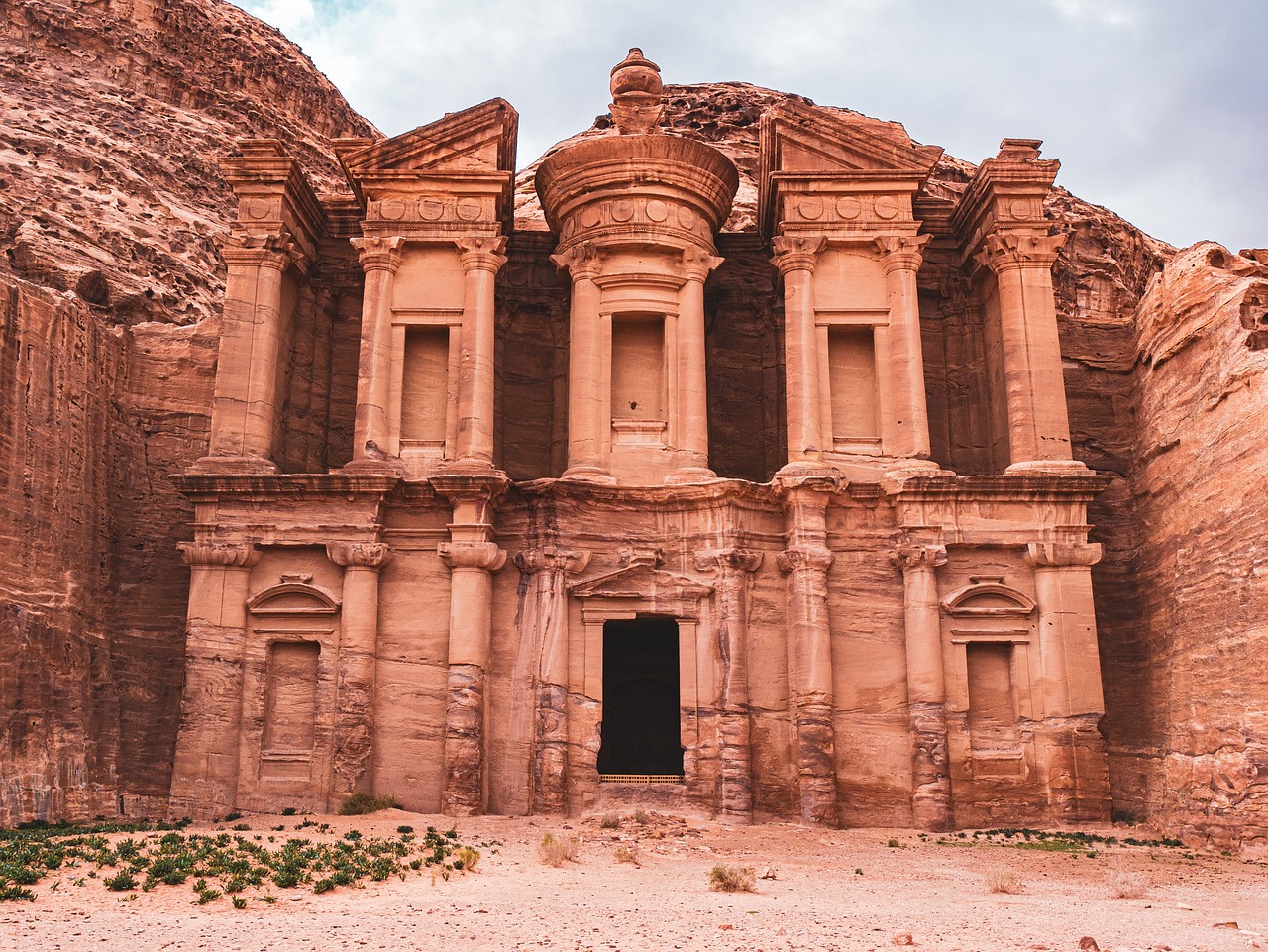
Ethical Considerations in Archaeological Practice
When it comes to archaeology, ethical considerations play a crucial role in guiding the practices and decisions of researchers and professionals in the field. One of the primary ethical dilemmas in archaeological practice revolves around the repatriation of cultural artifacts to their countries of origin. This issue raises questions about ownership, cultural heritage, and the rights of indigenous communities to reclaim and preserve their heritage.
Another important ethical consideration is the respectful treatment of human remains found at archaeological sites. It is essential to handle human remains with sensitivity and respect, considering the cultural and spiritual beliefs of the communities involved. Proper protocols and procedures must be followed to ensure that human remains are treated ethically and with dignity.
Furthermore, the ethical responsibility of archaeologists extends to the protection of indigenous rights and the promotion of cultural sensitivity in research and interpretation. This includes engaging with local communities in a respectful and collaborative manner, acknowledging their knowledge and perspectives, and ensuring that research benefits the community as a whole.
Archaeologists must navigate complex ethical terrain, balancing the pursuit of knowledge and understanding with the need to respect and preserve cultural heritage. By upholding ethical standards in archaeological practice, professionals can contribute to the promotion of cultural sensitivity, accountability, and the safeguarding of indigenous rights for future generations.
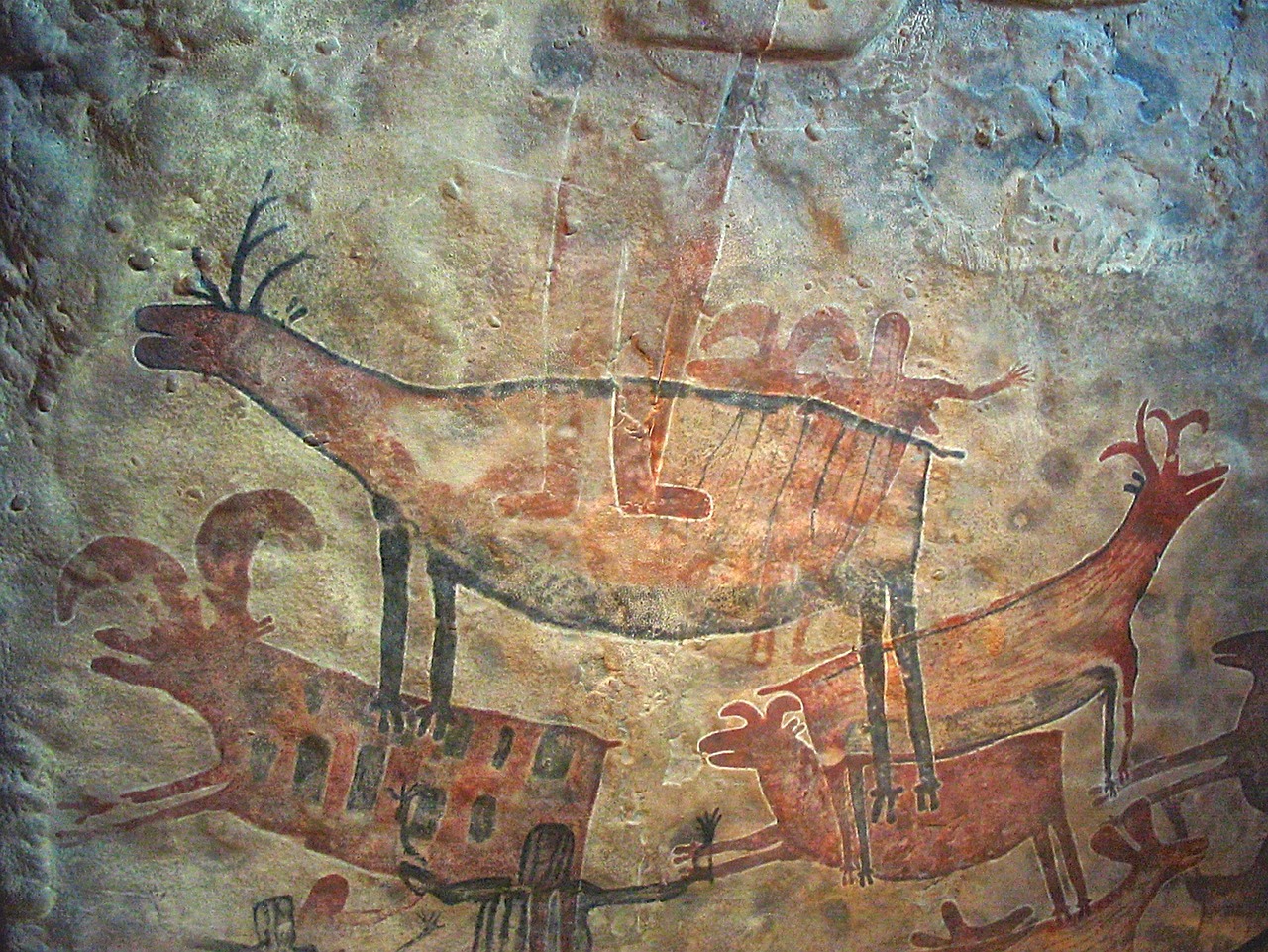
Future Prospects for Archaeology in Peacebuilding
As we look towards the future, the prospects for archaeology in peacebuilding are both promising and crucial. In a world marked by rapid globalization and cultural exchange, archaeology stands as a powerful tool for fostering understanding, reconciliation, and harmony among diverse societies. By delving into the past, archaeologists have the unique ability to uncover shared histories, challenge preconceived notions, and promote cross-cultural dialogue.
One of the key aspects of the future of archaeology in peacebuilding lies in its interdisciplinary nature. By collaborating with experts from various fields such as anthropology, sociology, and conflict resolution, archaeologists can gain a more comprehensive understanding of the complexities of cultural heritage and historical narratives. This multidisciplinary approach not only enriches archaeological research but also enhances its impact on promoting peace and reconciliation.
Furthermore, international cooperation plays a vital role in shaping the future of archaeology in peacebuilding. By fostering partnerships between different countries and cultural institutions, archaeologists can create a global network dedicated to preserving heritage, promoting understanding, and addressing shared challenges. This interconnected approach not only strengthens the field of archaeology but also contributes to building bridges between nations and fostering a sense of global citizenship.
Moreover, the integration of technology and digital tools presents exciting opportunities for the future of archaeology in peacebuilding. Through advanced imaging techniques, virtual reality simulations, and online databases, archaeologists can engage a wider audience, facilitate remote collaboration, and enhance the accessibility of archaeological findings. This digital revolution not only democratizes knowledge but also empowers communities to actively participate in the preservation and interpretation of their heritage.
In conclusion, the future prospects for archaeology in peacebuilding are bright and full of potential. By embracing interdisciplinary collaboration, fostering international partnerships, and leveraging digital innovations, archaeologists can continue to play a pivotal role in promoting cultural understanding, reconciliation, and peace among diverse societies. As we navigate the complexities of the modern world, archaeology stands as a beacon of hope, guiding us towards a future built on respect, empathy, and unity.
Frequently Asked Questions
- What is the significance of archaeology in promoting peace among cultures?
Archaeology plays a crucial role in fostering peace among cultures by exploring shared heritage, challenging stereotypes, and promoting empathy and understanding through historical narratives.
- How does archaeology contribute to conflict resolution?
Archaeology contributes to conflict resolution by addressing historical injustices, facilitating dialogue, and promoting reconciliation processes between communities with a history of conflict, thus aiding in peacebuilding efforts and healing intergroup tensions.
- Why is community engagement important in archaeological projects?
Community engagement is vital in archaeological projects as it empowers marginalized voices, builds trust, and fosters cooperation among different cultural groups, ultimately promoting unity and collective ownership of shared heritage.
- What ethical considerations are involved in archaeological practice?
Ethical considerations in archaeology include issues like repatriation of cultural artifacts and respectful treatment of human remains, aiming to promote cultural sensitivity, accountability, and the protection of indigenous rights.
- How can archaeology be used as a tool for promoting peace and reconciliation?
Archaeology can be used as a tool for promoting peace and reconciliation by facilitating cross-cultural exchange, dialogue, and collaborative research initiatives, creating opportunities for intercultural learning, mutual understanding, and the celebration of cultural diversity.

